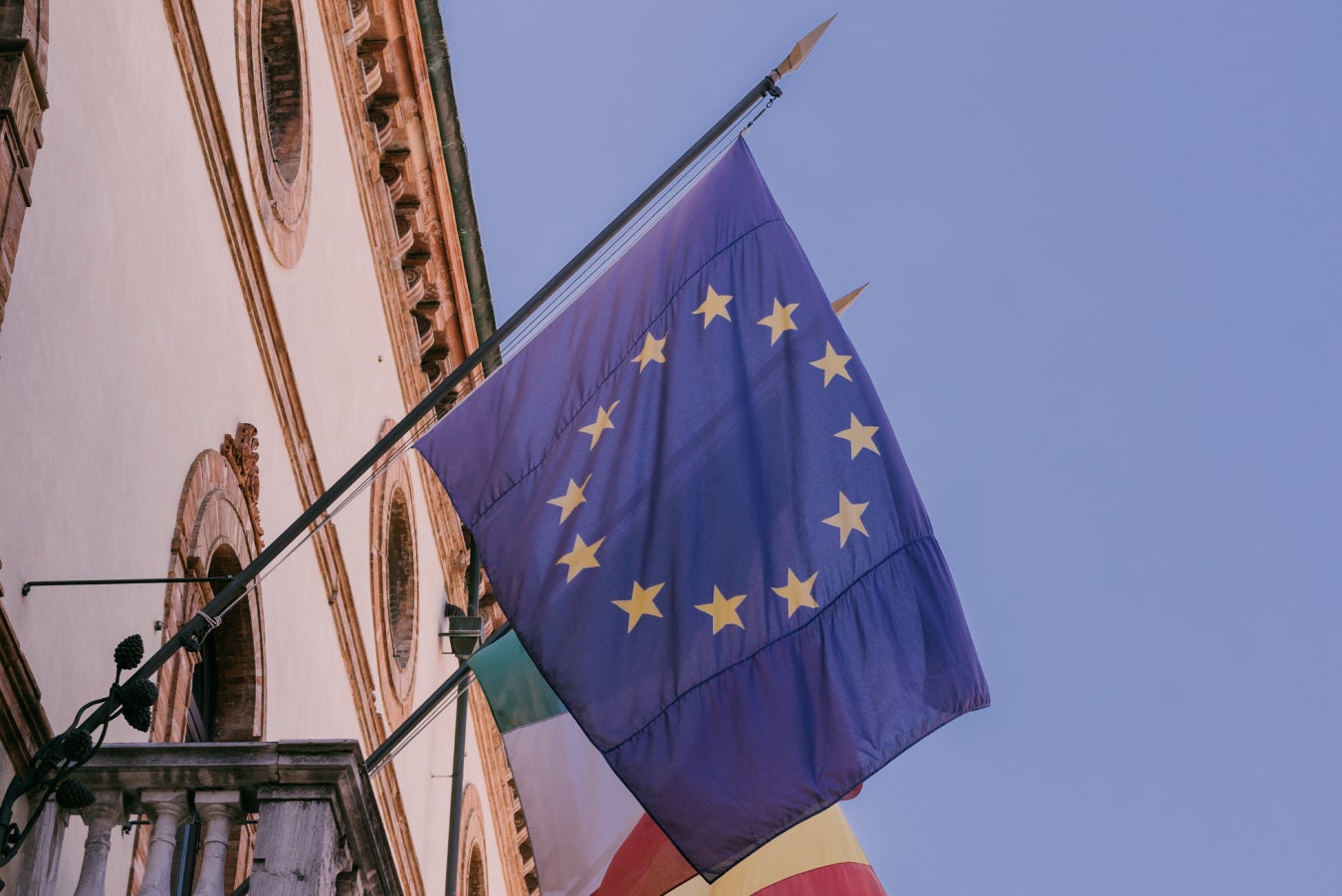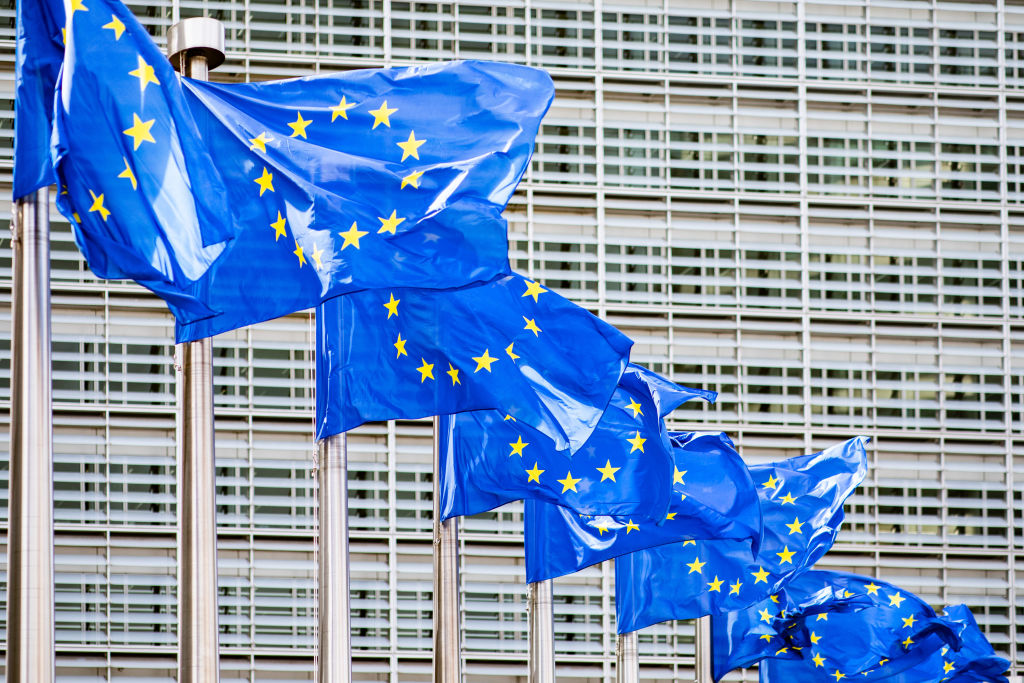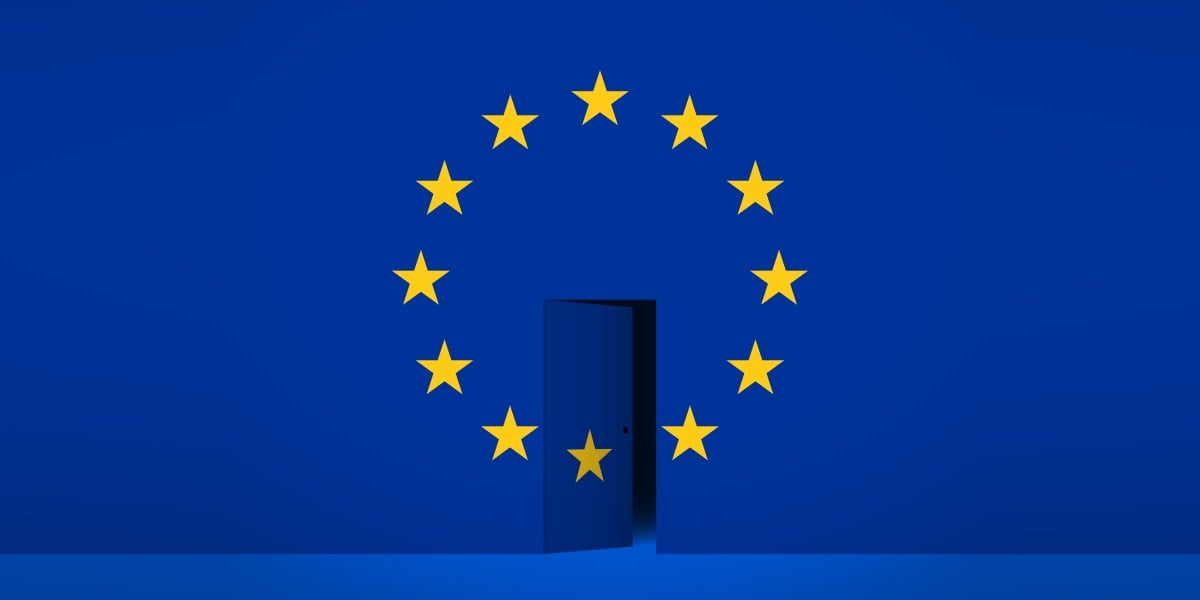fromBusiness Matters
1 month agoCompliance Is the New Creative: Why Your Channel Partners Are Your Biggest Liability (and How to Fix It)
If your partner in Munich mishandles customer data, or your reseller in Paris uses a "black box" AI tool to generate deceptive ads, it isn't just their reputation on the line. It's yours. With the EU AI Act now in full swing and GDPR entering its "mature enforcement" era, the distance between a partner's mistake and your company's $20 million fine has never been shorter.
EU data protection







